What Happens When You Stop Taking Creatine?
Author:
Unlock your full potential by engaging with our experts and community! Have questions about your fitness journey or looking for expert advice on weightlifting techniques? Don’t hesitate — leave a comment below and Oleksandr Maksymenko will provide a personalized answer and insights to help you reach your goals.
Torokhtiy is reader-supported. Some links are affiliate links, and we may earn a commission at no extra cost to you. See our disclosure page for details.
Creatine has been the trusty sidekick for many fitness enthusiasts, always there to give that extra push during grueling workouts. But every now and then, we all ponder, “What happens when you stop taking creatine?” Maybe it’s time for a break, or perhaps it’s just curiosity. Either way, let’s dive deep and uncover the real story behind pausing your creatine journey.
So, what happens when you stop taking creatine? Over 4-6 weeks, your muscle’s creatine levels decline, possibly affecting your workout performance. Don’t panic! With a balanced diet and consistent training, you can minimize any potential dips in your fitness journey. It’s all about adapting and staying informed!
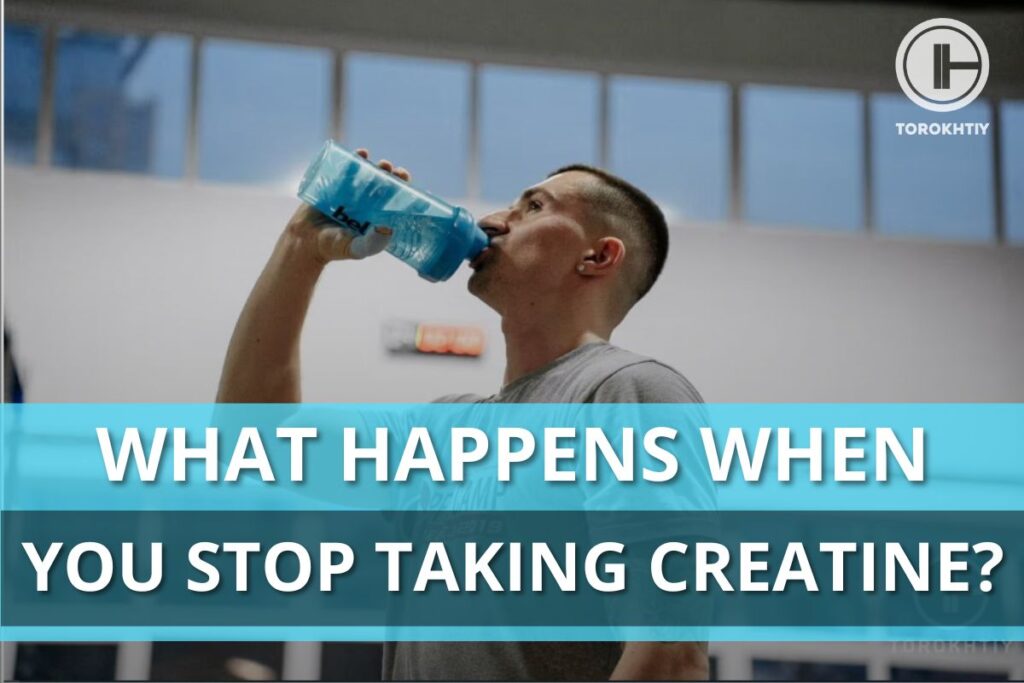
What Happens When You Stop Taking Creatine After Muscle Saturation?
1. Understanding Creatine’s Role in Athletic Performance
Before delving into this topic, it’s crucial to understand the fundamental role of creatine and the concept of muscle saturation. Creatine is naturally found in foods such as meat and fish. It’s stored within our muscles. It serves as an energy source, during bursts of activity.
While our bodies produce and store amounts of creatine naturally, supplementation elevates these levels, a goal often referred to as “muscle saturation”. When your muscles reach their capacity for storing creatine, it can lead to improved performance.
2. The Journey of Creatine Saturation and Its Reversal
Ever wondered about the effects of stopping creatine? It’s not just about the science; it’s about how our bodies feel and respond, from the subtle change in muscle fullness to the energy we bring to our workouts. So what happens when you decide to take a break from using creatine? Here’s a simplified explanation. Over a period of 4 to 6 weeks, the elevated levels of creatine in your muscles gradually return to their baseline levels.
Think of it as a reservoir slowly going back to its size. This transition might raise questions for those dedicated to their fitness routines, such as concerns about performance or muscle recovery. However, by delving into insights and expert advice, we can gain clarity on the actual effects of this change.
Once you stop taking creatine after reaching muscle saturation several changes occur in your body. Let’s explore what you can expect.
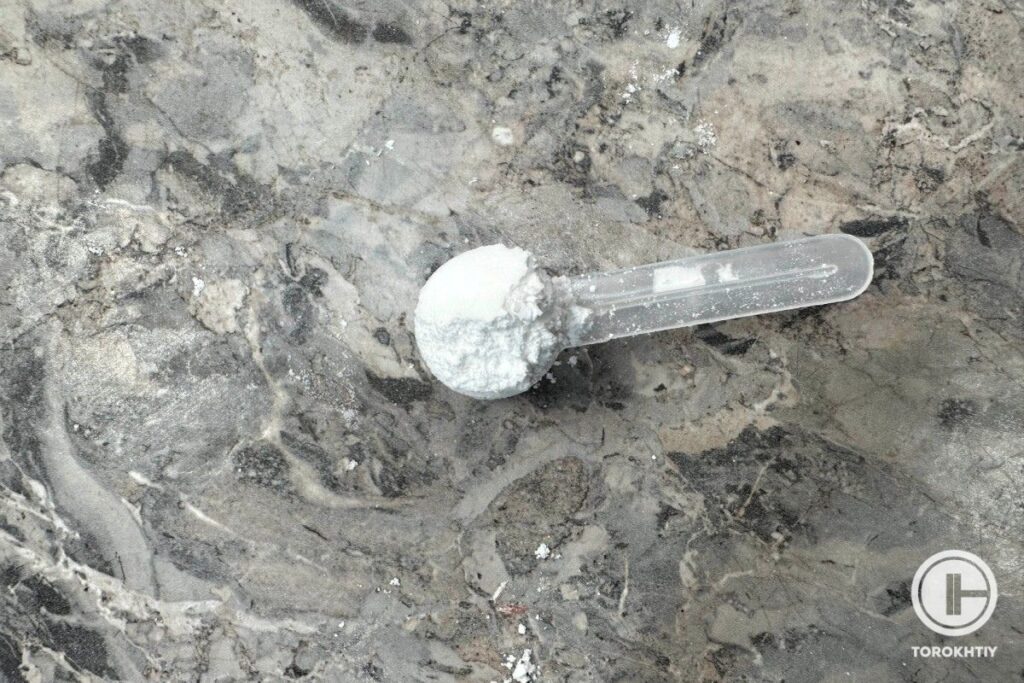
3. Reduction in Water Weight
Creatine has the ability to draw water into your muscle cells due to its properties and thus giving your muscles a better appearance.
However, when you stop taking creatine the water retention effect tends to fade. Over a week you may notice a decrease in muscle fullness. This doesn’t mean that you’re losing muscle tissue; it’s the reduction of water that was previously held in your muscles.
4. A Dip in Athletic Performance
The main role of creatine in our body is to help regenerate ATP (adenosine triphosphate) which is the energy source for bursts of activities. Without the added boost from creatine, you might experience a decrease in stamina during workouts compared to what you were used to. This could manifest as feeling fatigued or struggling to maintain the level of intensity throughout your workout.
5. Strength Levels Might Waver
Creatine has shown its association with muscle protein synthesis meaning it can assist with building and repairing muscle tissue. Without its support some individuals may notice a dip in their strength levels. It’s not that their muscles have significantly weakened, rather they may not have the level of energy support they had while supplementing with creatine.
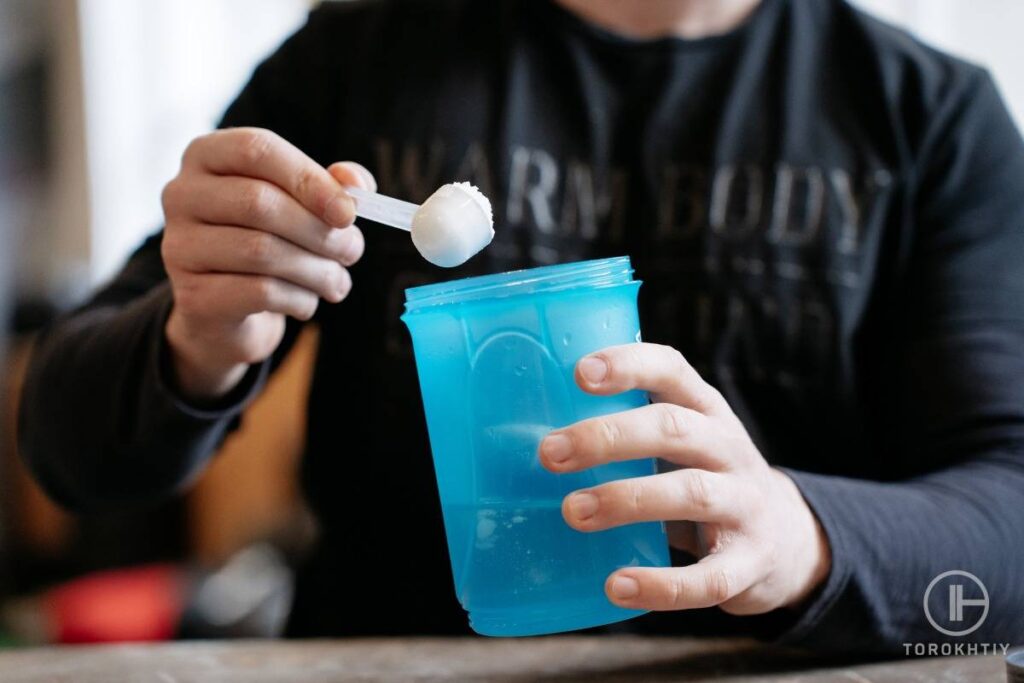
6. Dietary Influence on Creatine Effects
It’s worth noting that your diet can influence how noticeable these effects are. Since creatine is primarily found in animal products, vegans and vegetarians naturally have baseline creatine levels. It’s possible that individuals may notice a decline in their performance once they discontinue taking supplements.
However, it’s important to note that if they maintain a planned diet follow a training program prioritize quality sleep and stay properly hydrated the impact of stopping supplementation might be minimal or even go unnoticed. It’s challenging to generalize the effects of discontinuing creatine since everyone’s body reacts differently.
7. The Bigger Picture
What if you stop taking creatine? Although the short-term changes, such as reduced water retention in muscles, may seem concerning, it’s crucial to remember how incredibly adaptable our bodies are. By considering our diet choices, strategically timing workout meals, following an intelligent training routine and ensuring adequate sleep quality we can reduce many of these changes.
Additionally, every person has a body with responses. What one individual experiences during this transition phase could be completely different from another person’s experience. Some individuals might effortlessly navigate this phase with any changes, while others may need to make more conscious adjustments.
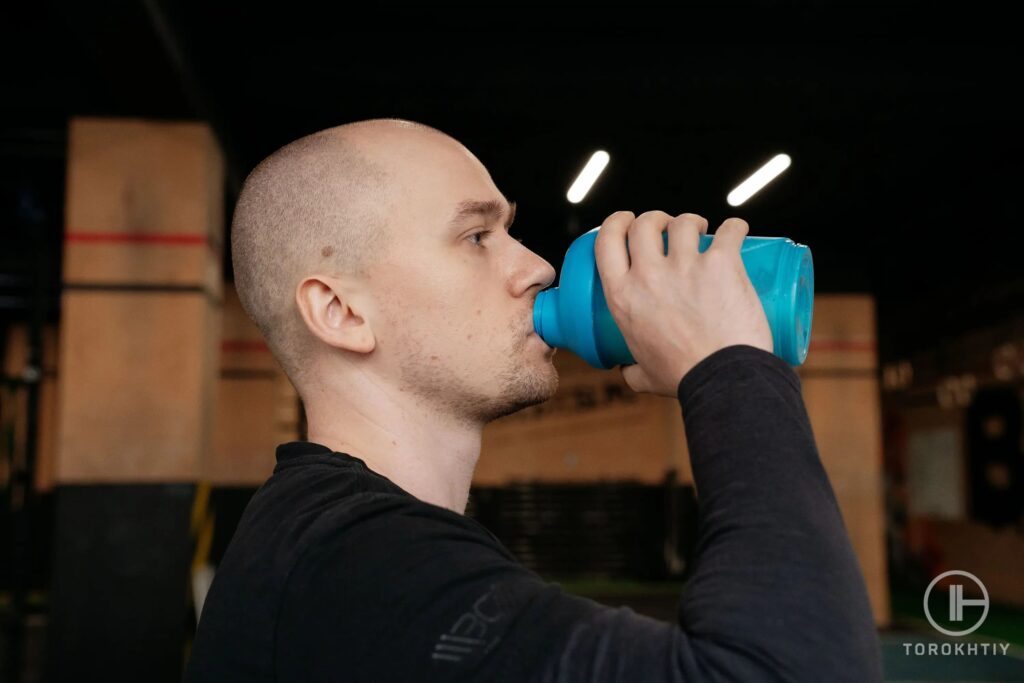
Do You Lose Muscle Mass After You Stop Using Creatine?
For those contemplating taking a break from creatine usage one of the concerns is muscle mass loss. After all, building muscle is a time-intensive endeavor, and the idea of losing hard-earned gains can be daunting. So let us directly address this concern.
Creatine, in its essence, is not a muscle builder in the way that protein or resistance training is. Instead, it enhances the body’s ability to perform high-intensity, short-duration tasks, like lifting weights or sprinting. This, in turn, can lead to more effective workouts, allowing for better muscle growth over time. But does that mean when you stop taking creatine, your muscles will shrink?
The short answer is no. When you stop taking creatine you don’t lose muscle mass. What may occur is a reduction in water weight associated with creatine supplementation, which might give the impression of muscle loss since your muscles may not appear as full as they did while you were supplementing. Rest assured, the actual muscle fibers that you’ve worked hard to build will remain unaffected.
Nevertheless, there’s a catch. If the decline in performance leads to workouts over an extended period of time it could potentially impact muscle growth or maintenance. For example, if you find that without creatine you’re unable to lift weights or perform many repetitions as before and this results in decreased training intensity or volume it could indirectly affect your muscle mass.
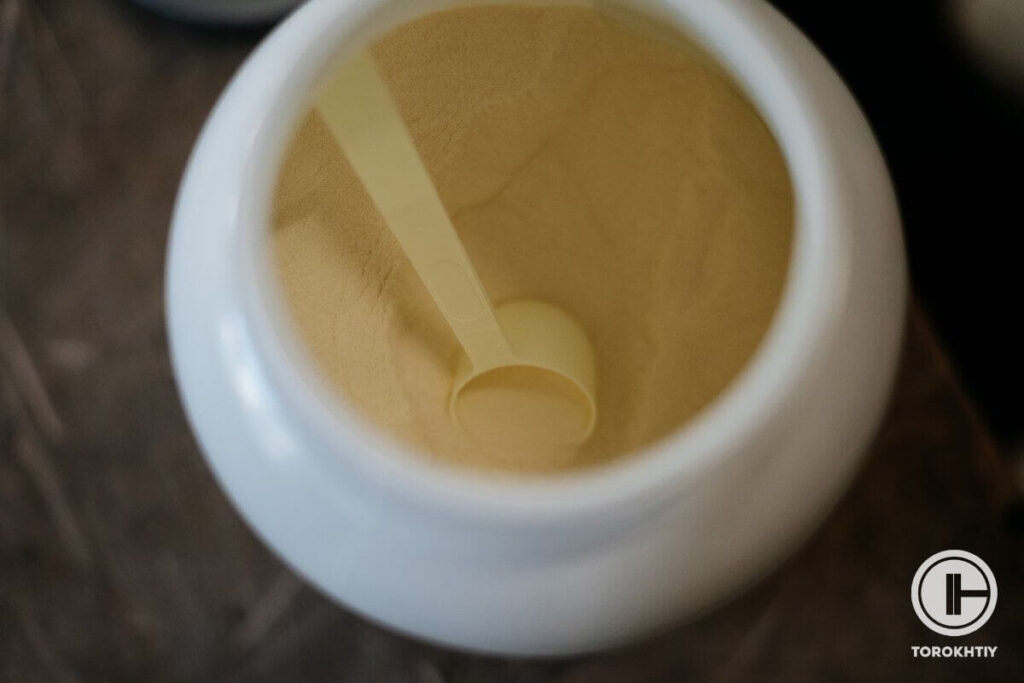
That being said, there are factors that contribute to maintaining and building muscle, such as the number of calories consumed, protein intake, the intensity of training sessions and adequate rest. If all these factors remain consistent, stopping creatine supplementation alone should not result in muscle loss.
It’s also worth noting the dietary aspect. As highlighted earlier, vegans and vegetarians might experience more pronounced effects when they stop creatine supplementation. This is because their natural dietary intake of creatine, found primarily in meats, is lower. Thus, when they supplement with creatine, they might see more noticeable benefits. Conversely, when they stop, the effects might be more evident. However, with a balanced diet rich in plant-based proteins and other essential nutrients, these effects can be reduced to some extent.
How to Transition Off Creatine Mindfully?
When should you stop taking creatine? The decision to stop taking creatine is personal and can be influenced by various factors, including your fitness goals, any side effects you might be experiencing, or simply a desire to cycle off supplements.
Getting off creatine requires a thoughtful approach. When deciding how to get off creatine, it’s essential to consider both your body’s needs and your fitness goals. Here’s a comprehensive guide to help you transition off creatine smoothly while minimizing any setbacks.
1. Gradual Tapering Is Key
Abruptly stopping any supplement can sometimes have an impact, on the body’s system. With regards to creatine supplementation specifically, it is recommended to reduce your intake over time of suddenly stopping altogether.
Of stopping your regular dosage it might be beneficial to gradually reduce the dose over a week or two. Start by halving the dose then do the same again before discontinuing it. This gradual approach allows your body to adjust to creatine levels, which could help prevent any decline, in performance or energy.
creatine dosage calculator
Loading Phase:
Maintenance Phase:
2. Prioritize Protein for Muscle Integrity
Both creatine and protein play distinct yet integral roles in muscle health. Creatine primarily boosts the energy available for high-intensity workouts, while protein is the building block for muscle tissue. As you transition away from creatine supplementation, it becomes even more vital to ensure a consistent and adequate protein intake.
Consuming sufficient protein aids in muscle repair and growth, ensuring that the gains and strength you’ve achieved during your creatine phase aren’t compromised. Think of it as reinforcing the foundation of a building even if you change some of its external features.
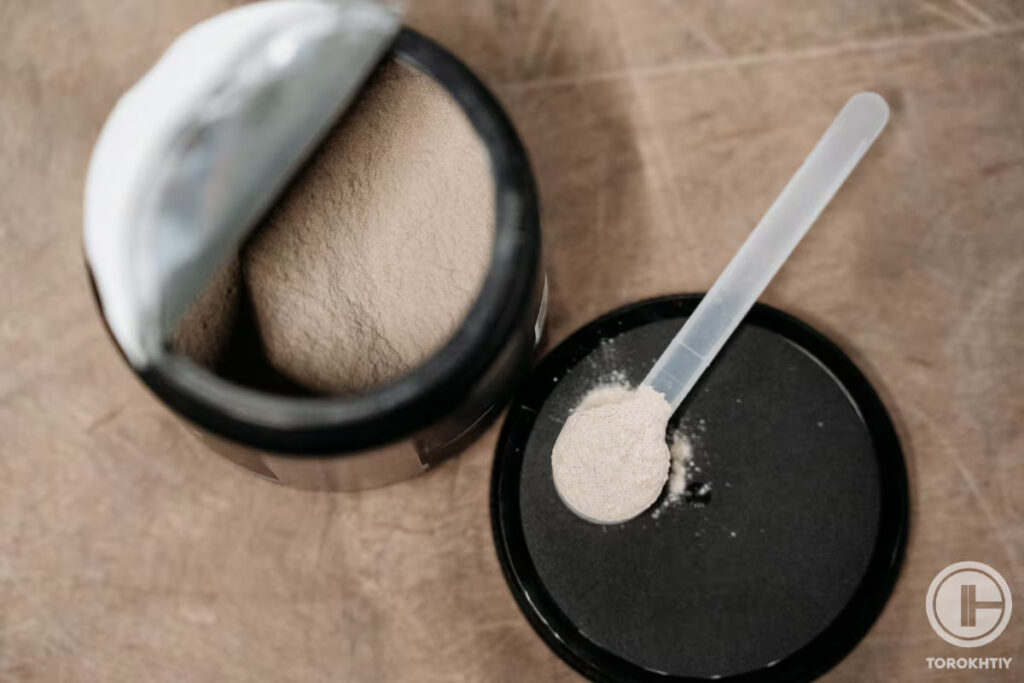
3. Hydration is Crucial
Although creatine is known to cause increased water retention in muscles this effect diminishes as you phase it out potentially resulting in weight loss. However hydration goes beyond aesthetics – it plays a role in muscle function by facilitating transport and aiding in post-exercise recovery.
Staying properly hydrated is also important to avoid mistaking the loss of water weight for a loss of actual muscle mass.
4. Adapting Your Training to Your Body’s Feedback
Our bodies are systems that constantly provide feedback. It’s crucial to pay attention to it. When the concentration of muscle creatine decreases you might notice changes in your performance during workouts. Maybe the weights feel a little heavier or you get tired quickly during high intensity cardio exercises.
Of pushing yourself hard, consider this an opportunity to adjust your training approach. It’s not about lowering your standards but rather reevaluating them. You could focus more on endurance training including flexibility exercises or or focus on exercises with less power but more repetitions. By adapting to the creatine levels in your body this flexible approach ensures that you can continue progressing in your fitness journey, without strain.
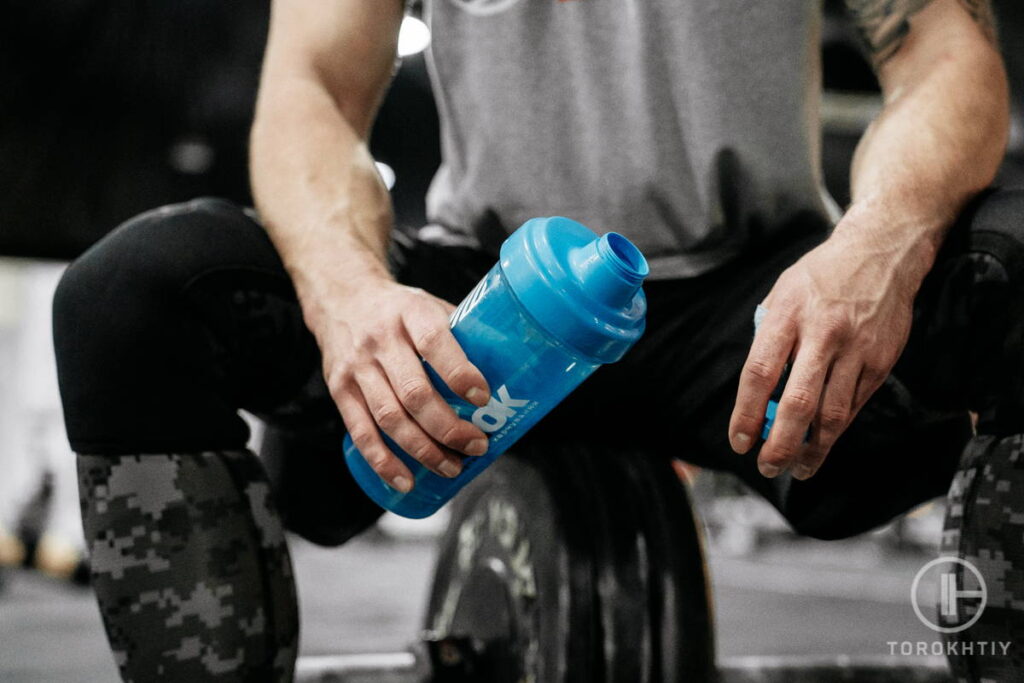
5. Exploring Other Supplement Options
Deciding not to use creatine supplements doesn’t mean you’re left with no alternatives to support your fitness goals. The field of sports nutrition offers a range of options designed for needs and preferences.
If you’re worried, about the side effects of creatine or if you’re simply interested in exploring options here’s a concise guide;
- Non-Stimulant Pre-Workouts: If you’re cautious about experiencing jitters or disrupted sleep from stimulant-based pre-workouts, non-stimulant versions can be a fantastic alternative. They provide an endurance focus boost without the risk of overstimulation.
- Beta-Alanine: This particular amino acid has gained popularity due to its ability to reduce muscle fatigue during activities by buffering acid. In simple terms, it helps delay muscle exhaustion, allowing for more effective workout sessions
- Branched Chain Amino Acids (BCAAs): Consisting of three essential amino acids. Leucine, isoleucine and valine. BCAAs play a significant role in muscle recovery and can even serve as an energy source during prolonged exercises.
Keep in mind that while supplements can be advantageous they are one part of the equation. It’s always wise to seek advice from a healthcare professional or nutritionist, before incorporating supplements into your routine.
Our Recommendation – Transparent Labs Creatine HMB
Transparent Labs Creatine HMB
- Item Form: Powder mix
- Best for: Power output, muscle/strength gains, recovery, nutrient absorption, contribute to bone health
- Type: Creatine monohydrate
- Suitable for Vegans: Yes
- Added Sugar: 0g
- Price per Serving (9.9g): ~$1.5
- Servings per Container: 30
- Other Ingredients: HMB, Vitamin D, Bioperine, Tartaric acid, Malic acid, Natural flavors, Stevia extract, grapefruit powder
- Recommended by Athletes: Hafthor Jullius Bjornsson, Kelsey Henson, Paul Sclar
For fitness enthusiasts considering reintroducing creatine supplementation into their regimen or individuals venturing into this realm for the time the abundance of product choices can feel overwhelming.
In the ocean of options available, Transparent Labs Strength Series Creapure HMB Creatine Supplement shines as a symbol of quality.
What makes it stand out? Above all its reputation for purity is unparalleled. In an industry where additives and fillers often muddy the waters this product. Delivers an untainted formula. This means that you’re providing your body with nothing but the best.
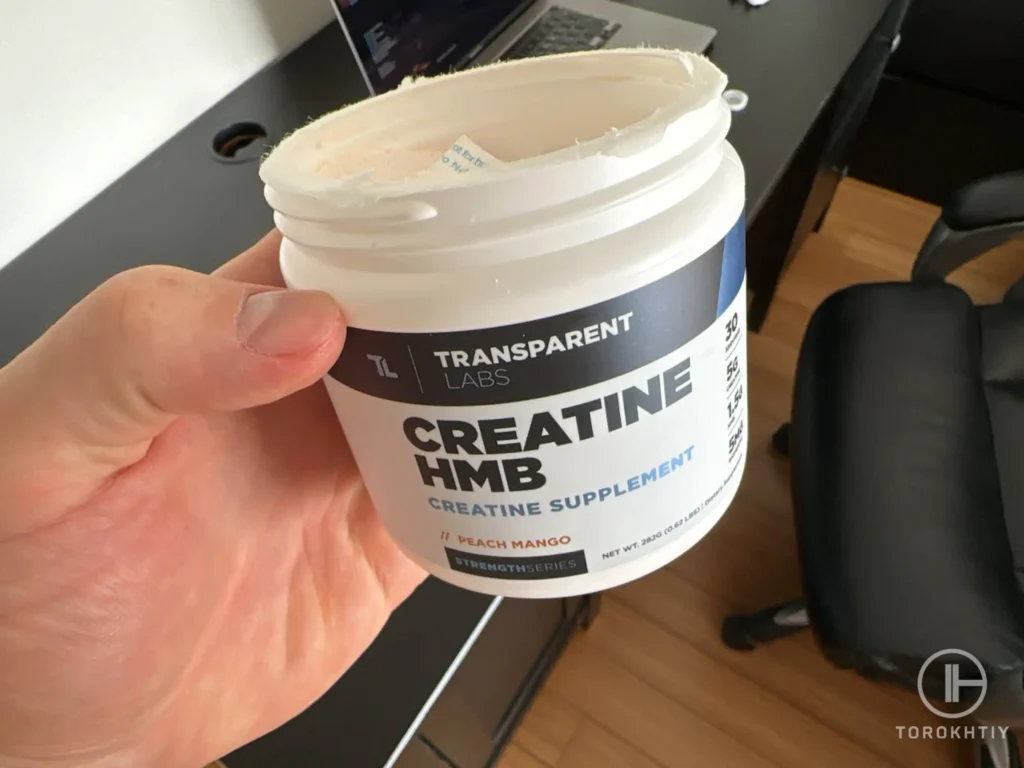
It’s not about creatine. This supplement goes the mile by incorporating HMB (Beta-hydroxy-beta-methylbutyrate), a compound known for supporting muscle recovery, reducing muscle protein breakdown and even enhancing aerobic performance. When combined with creatine this dynamic duo amplifies the benefits of building muscle and recovering from workouts offering users an approach to workout recovery and performance enhancement.
FAQ
Will You Lose Muscle if You Stop Taking Creatine?
While stopping creatine might lead to reduced water retention and slight changes in workout intensity, the muscle gains achieved through consistent training and diet remain intact.
Can I Take Creatine for 3 Months Then Stop?
Absolutely. Many individuals adopt a cycling approach with creatine, using it for several months, then pausing. This can help mitigate potential side effects (although the risk is very low, in recommended doses, creatine can be used for years without side effects).
Are Creatine Gains Permanent?
Creatine gains, primarily water retention in muscles, aren’t permanent. Once you stop supplementation, this water weight reduces, but actual muscle tissue remains. While there might be a slight decline in strength and performance, with consistent training and diet, most muscle strength and mass achieved can be maintained.
Can You Stop Taking Creatine Abruptly or Should It Be Gradual?
While it’s possible to stop creatine abruptly, gradual tapering is often recommended to allow your body to adjust to decreasing creatine levels.
What Happens if You Don’t Take Creatine for a Week?
A short break from creatine might not lead to significant changes immediately. However, you might notice a slight decrease in muscle fullness due to reduced water retention. It’s essential to monitor your body’s response and adjust your training and diet accordingly.
Conclusion
Creatine is a component of fitness routines and offers noticeable benefits when taken as a supplement. However, once you stop taking it, it takes 4 to 6 weeks for your muscle creatine levels to return to their baseline. This can lead to changes such as reduced water retention, a potential decline in performance and slight fluctuations in strength.
Dietary choices play a role in these effects for vegans and vegetarians. Nevertheless, by implementing strategies like maintaining a diet following training techniques and staying properly hydrated, you can effectively manage these shifts. We would love to hear about your experience with creatine so feel free to share your thoughts in the comments!
Also read:
- Creatine vs Amino Acids
- Creatine Pills vs Powder
- Best Things to Mix Creatine With
- Best Creatine Sources
- When to Take Creatine and Pre Workout
- Does Creatine Help With Fat Loss
- How Much Creatine Should I Take
- Creatine For Women
- Muscle Recovery Supplements Guide
References:
- “Creatine Monohydrate” Ais Sports Supplement Framework March 2021
- Darren G Candow “Effect of ceasing creatine supplementation while maintaining resistance training in older men” J Aging Phys Act. 2004 Jul;12(3):219-31
- Eric T Trexler “International society of sports nutrition position stand: Beta-Alanine” J Int Soc Sports Nutr. 2015 Jul 15;12:30
- “Branched-Chain Amino Acids (Bcaa)” Ais Sports Supplement Framework March 2021
- Jacob M Wilson “International Society of Sports Nutrition Position Stand: beta-hydroxy-beta-methylbutyrate (HMB)” Journal of the International Society of Sports Nutrition volume 10, Article number: 6 (2013)
- Photos made by Torokhtiy Media Team.
Why Trust Us?
With over 20 years in Olympic weightlifting, strength training, nutrition coaching, and general fitness our team does its best to provide the audience with ultimate support and meet the needs and requirements of advanced athletes and professional lifters, as well as people who strive to open new opportunities and develop their physical capabilities with us.
By trusting the recommendations of our certified experts in coaching, nutrition, and sports training programming, as well as scientific consultants, and physiotherapists, we provide you with thorough, well-considered, and scientifically proven content. All the information given in the articles concerning workout programming, separate exercises, and athletic performance, in general, is based on verified data.
The product testing process is described in more detail here.
Author: Oleksandr Maksymenko
Certified Sports Nutritionist,
MSc Sports Dietetics
Specializing in: Weight management, Fitness / Sports nutrition
Oleksandr is a professional fitness nutritionist certified by the Fitness Professional Association (FPA). He follows the principles of evidence-based dietetics and fosters a healthy relationship with food in his clients, ensuring there are no strict prohibitions on their favorite foods or frequent lapses. His primary goal is not only to achieve results for you but also to sustain them over the long term, all while enjoying tasty and delicious food.



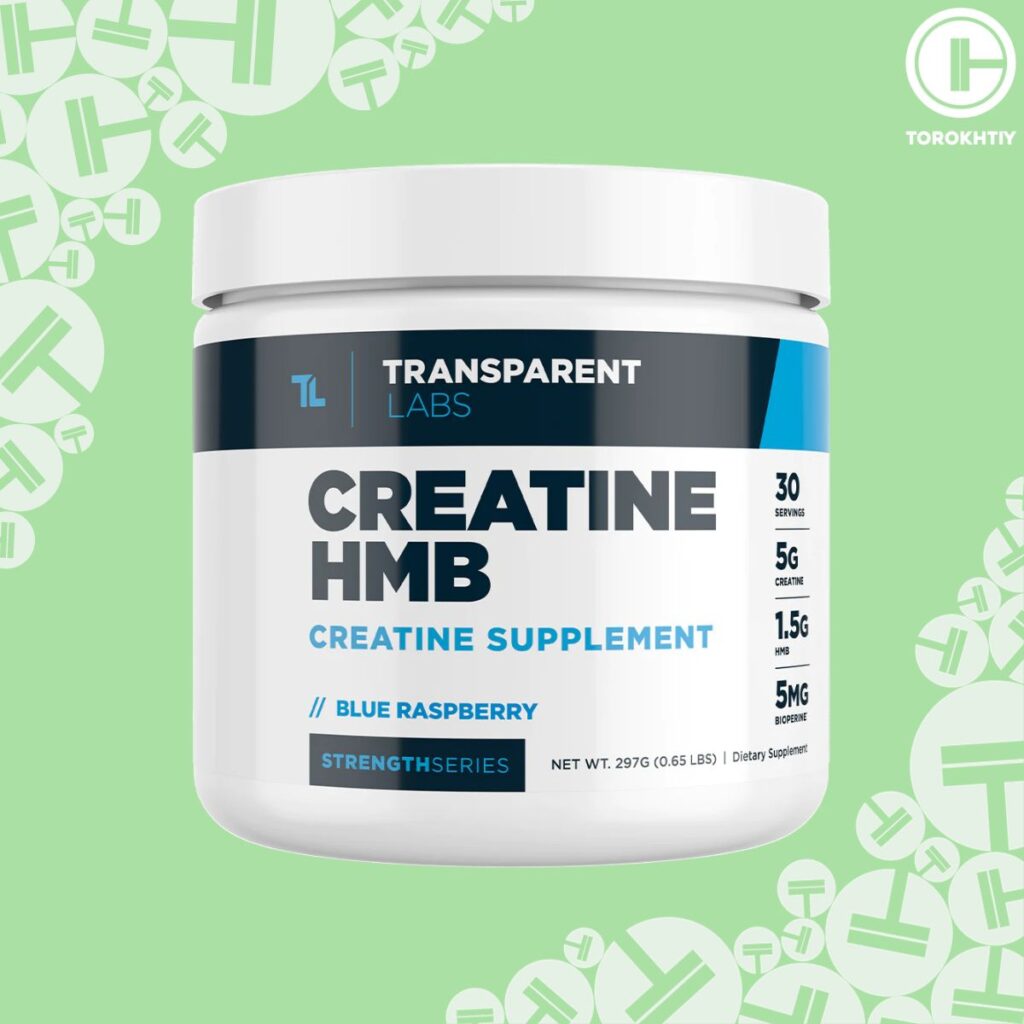
Still have questions after reading our article? Unlock your full potential by engaging with our experts and community! Don’t hesitate — leave a comment below and Oleksandr Maksymenko will provide a personalized answer and insights to help you reach your goals.